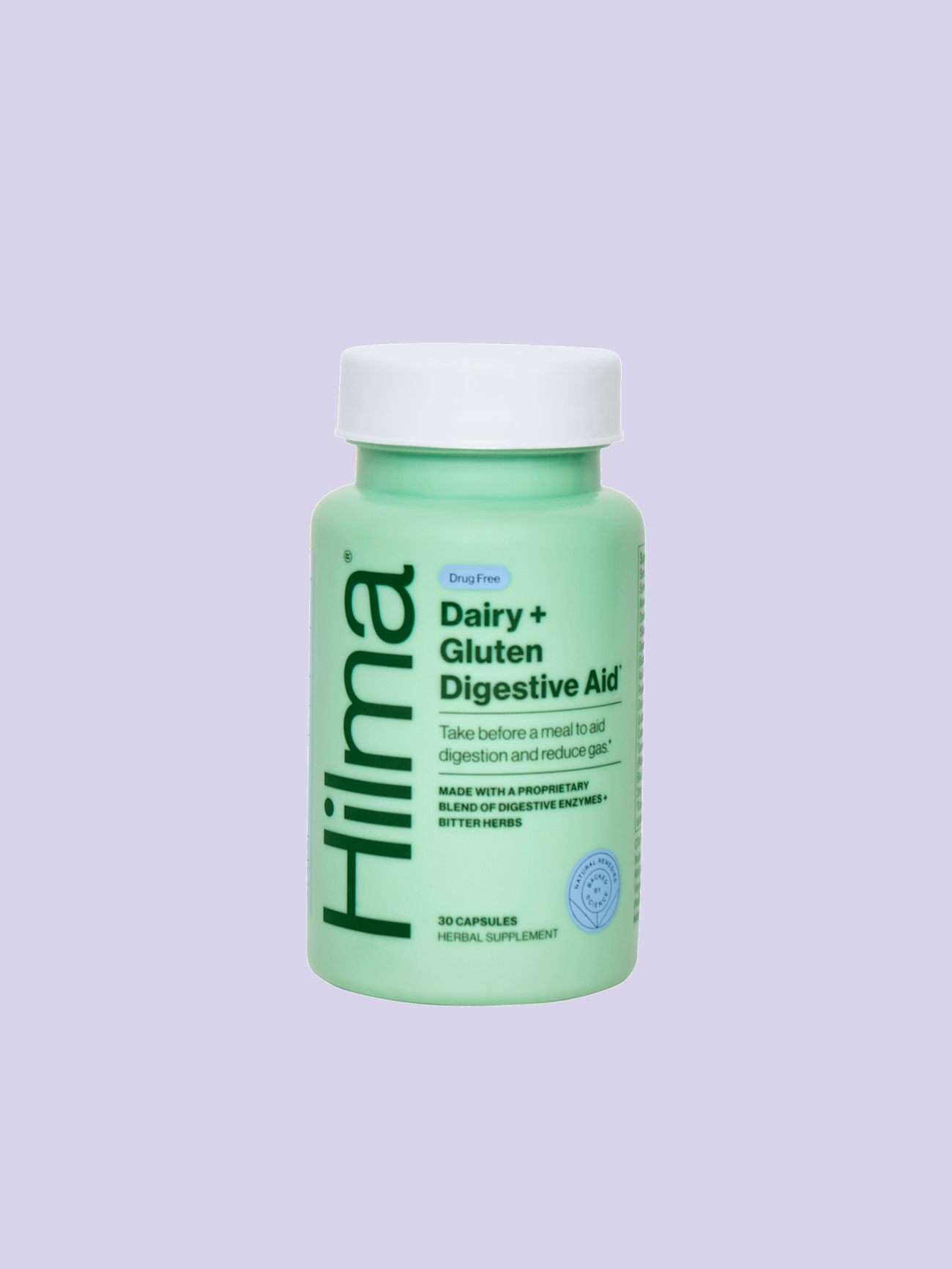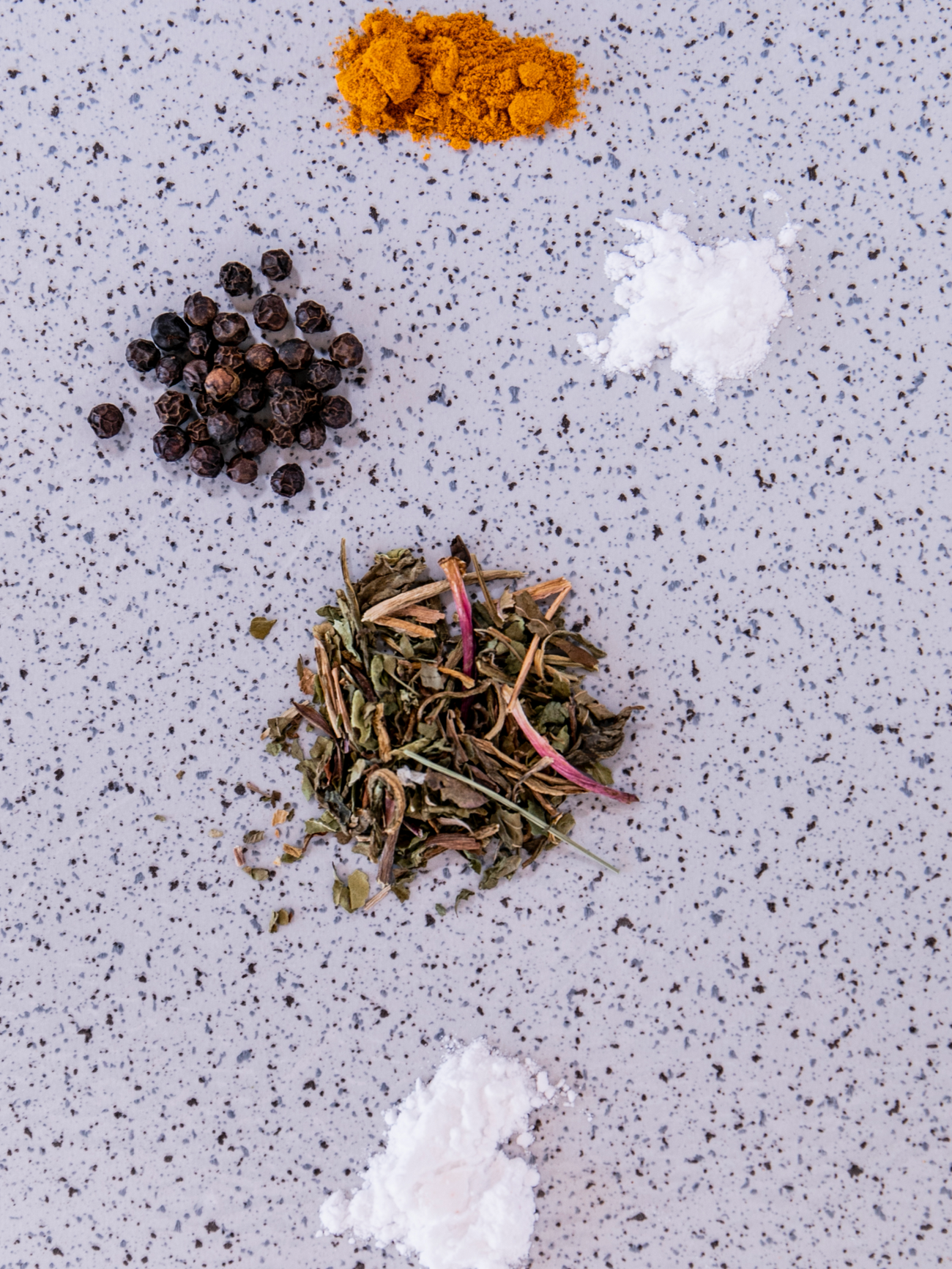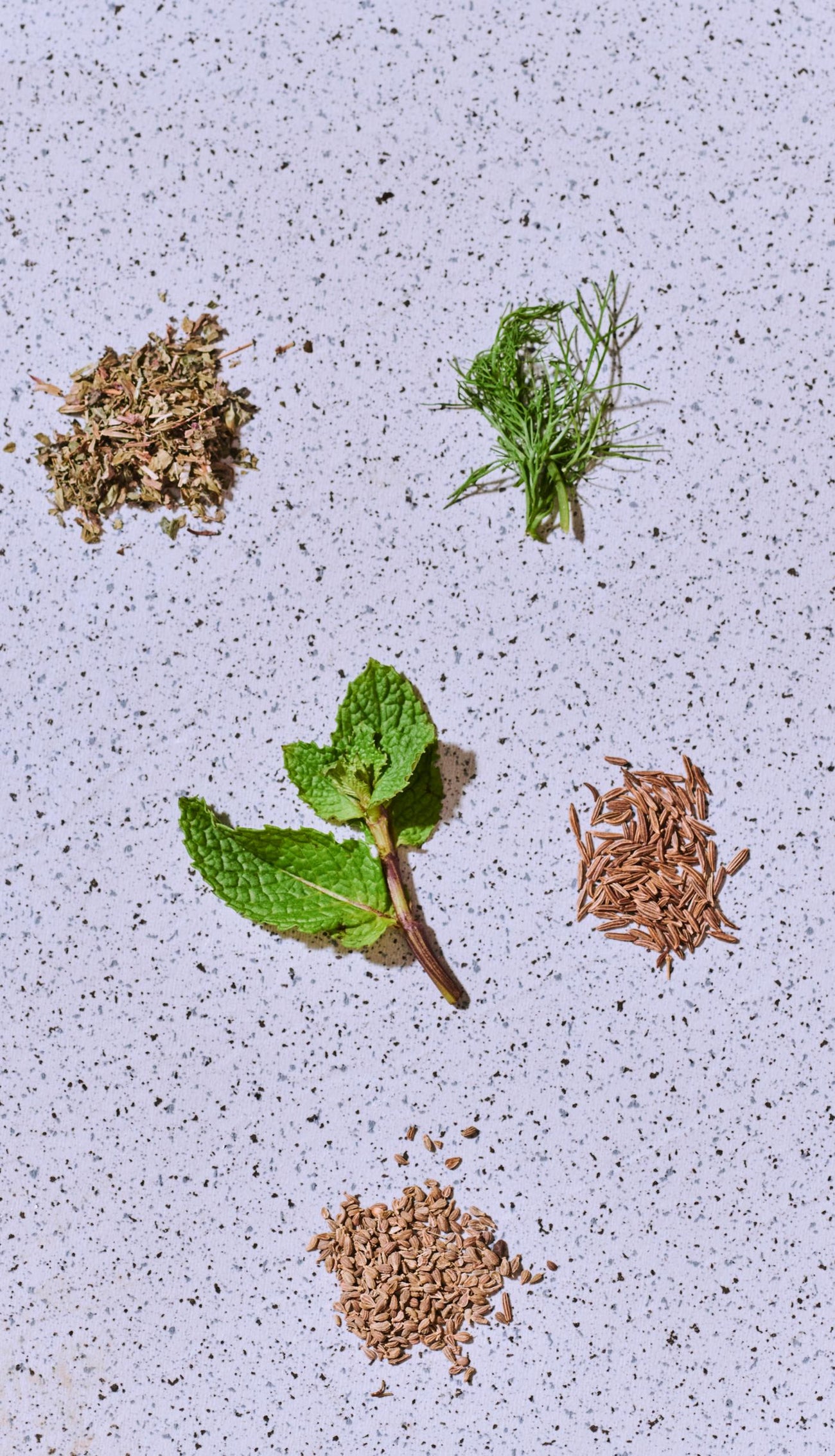What are dairy + gluten intolerances?
Lactose intolerance and non-celiac gluten sensitivity are quite common in this day and age, and both are common in patients with irritable bowel syndrome. In those with lactose intolerance, the symptoms are primarily due to a deficiency in the enzyme lactase, which aids in the breakdown and digestion of lactose. Lactose intolerance can be diagnosed by a gastroenterologist with a hydrogen breath test, but many physicians first advocate a trial of avoidance of dairy products or possibly supplementation with lactase enzymes.
Celiac disease is a syndrome due to a frank allergy to gluten, a protein found in wheat products. Celiac disease occurs worldwide, in 0.5 to 1% of all individuals; however non-celiac gluten sensitivity is much more common, and can occur in many processes, including those with irritable bowel syndrome. IBS patients are sensitive to a component in wheat known as a fructan.
What are common symptoms?
Gastrointestinal symptoms vary by patients but frequently patients will report
- Bloating
- Flatulence
- Abdominal pain
- Diarrhea
- Sometimes even constipation
How do digestive enzymes help?
Historically, specific digestive enzymes were utilized for syndromes of malabsorption in relatively narrow ways (pancreatic enzymes in the case of pancreatic insufficiency, lactase in patients with documented lactose intolerance). But more recent studies examining broader use of a variety of digestive enzymes in patients with many GI issues, including irritable bowel syndrome and non-celiac gluten sensitivity, show improvement in many bothersome symptoms.
What does treatment look like?
The most recent studies looking at patients who struggle with lactose intolerance as well as non celiac gluten sensitivity have indicated that a diet low and fermentable carbohydrates and sugar (known as a low FODMAP diet) can lead to an improvement in gastrointestinal symptoms as well as shifts in gut flora with greater species variability, with a shift to more beneficial species. As a gastroenterologist I am very encouraged to that the newer studies on dietary and lifestyle modifications in these patients seem to have huge beneficial outcomes in terms of gut health and improvement of gut flora. We really are what we eat!
This information is for educational purposes only and should not be taken as medical advice. Please consult a physician before treating any disorder.





